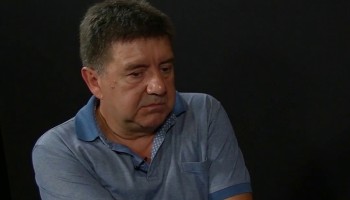But the Romanian Superior Council of Magistrates yesterday unanimously rejected that claim, saying that the investigation was legal, and that prosecutors would not strike any evidence they collected during the raid, as Mr. Barsan has asked.
Mrs. Barsan allegedly received gifts including jewelry, vacations, and fine dining in exchange for positive verdicts.
Gabriel Chiriac, a Romanian businessman accused of paying the bribes, told that he gave Mrs. Barsan jewelry “out of friendship” according to newspaper Romania Liberia. Other gifts allegedly include an apartment in Paris.
Chiriac has been involved in privatization deals in the textile and energy industries worth hundreds of millions of Euros. Some of these, linked to American hedge funds and offshore businesses in Cyprus, are under investigation for suspected money laundering, according to the EU Observer.
Despite admitting Romania to the European Union (EU) in 2007, the European Commission continues to monitor the country for progress against corruption. A report several months ago on the country’s progress found that Romanian judges were prone to taking bribes, but that the judicial institutions lacked proper self-investigation methods.
The allegations against the Barsans have raised concerns around Europe on the quality of judges in the ECtHR, which has the power to overturn decisions made in domestic courts.
Fighting corruption is also an important target for admission into the EU’s visa-free Schengen travel zone. Romania, along with Bulgaria, were denied admission in September due to concerns from Finland and Netherlands about organized crime activity and corruption.





